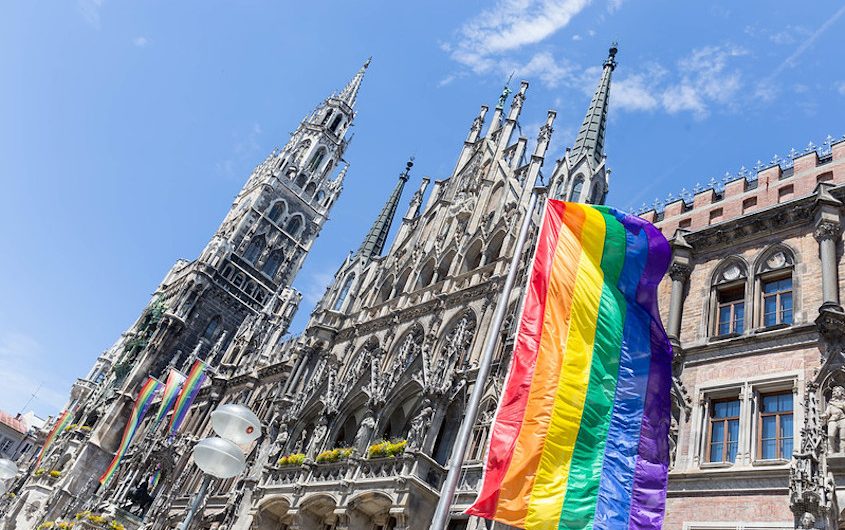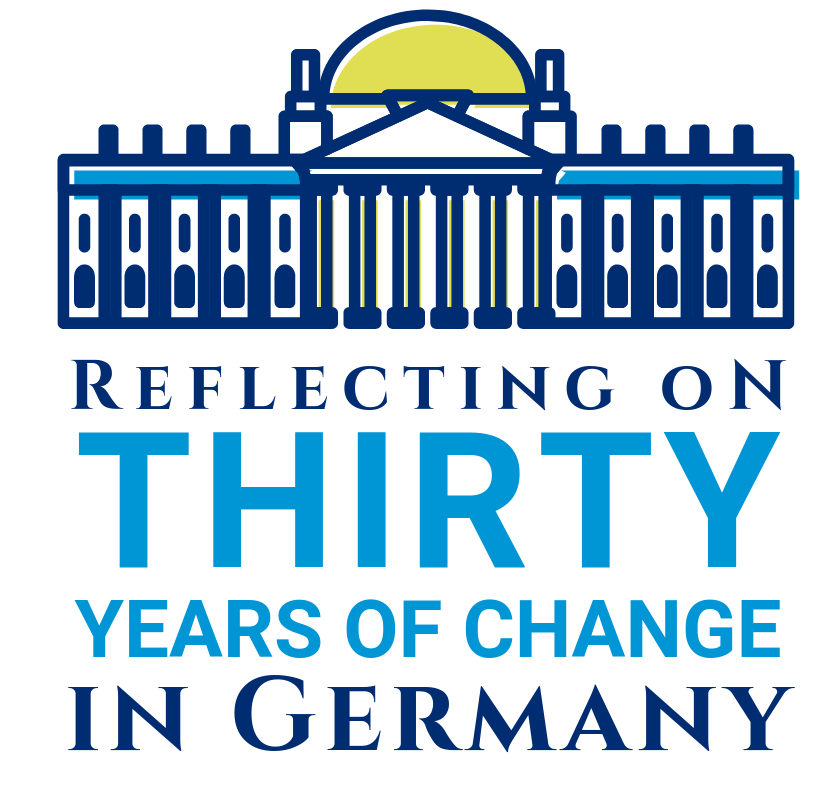
Marco Verch via Flickr
So long, Beautiful Gay World?
The Evolution of LGBTQ Rights in Germany since Unification

The fall of the Berlin Wall took place on the same evening as the premiere of Coming Out, the first gay-themed movie in the German Democratic Republic. Throughout the 1990s, progress in LGBTQ+ rights seemed to be integrally interconnected with the unification of Germany (and indeed of the European Union). After the Federal Republic of Germany eliminated the final remnants of the hated Paragraph 175 in 1994, Werner Hinzpeter could claim in Schöne Schwule Welt that the gay movement had achieved virtually all of its objectives. By the 2000s, registered partnerships were in the works and openly gay politicians held top jobs in the government, including notably Berlin, where Klaus Wowereit’s coming-out slogan, “und es ist gut so,” became an international signifier of Berlin’s hipness. Gay marriage and gay adoption arrived in 2017. In the same year, however, the collection of polemical essays, Beissreflexe, appeared, provoking controversies that suggested that the beautiful gay world might be fracturing.
Join AGI for the second webinar in a series on the 30th anniversary of German unification.
Robert Deam Tobin holds the Henry J Leir Chair in Literature, Language and Culture at Clark University in Worcester, Massachusetts and has been researching and writing on LGBTQ+ issues in Germany more or less since the unification. He is the author of Warm Brothers: Queer Theory and the Age of Goethe (2000) and Peripheral Desires: The German Discovery of Sex (2015), as well as co-editor of A Song for Europe: Popular Music and Politics in the Eurovision Song Contest (2007). Most recently he co-authored a local history, LGBTQ+ Worcester for the Record, but is returning to European LGBTQ+ issues with research on sexuality, human rights, and the far right.
Support for this event was generously provided by The German Marshall Fund of the United States.






